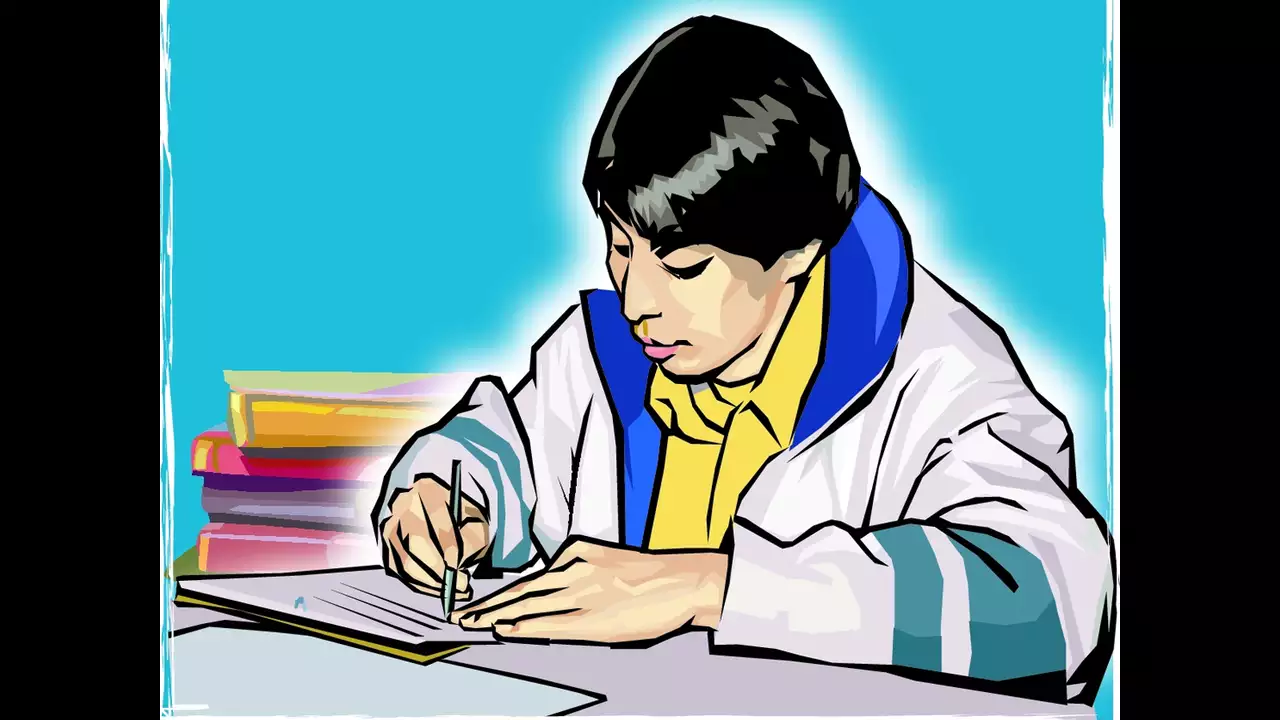The Central Board of Secondary Education (CBSE) plays a vital role in overseeing academic standards and conducting examinations for various educational institutions across India. Responsible for ensuring quality education, the board is instrumental in regulating the examinations for students in grades 10 and 12, which are pivotal for academic progression and career opportunities. With the intent to foster a fair and standardized examination environment, CBSE has introduced a set of strict guidelines that aim to regulate various aspects of the examination process.
The implementation of these guidelines comes in response to growing concerns about maintaining examination integrity and ensuring that students are evaluated on a level playing field. The new rules encompass a range of factors, from prescribed dress codes to limitations on permitted items within examination halls. These regulations are designed not only to eliminate any potential for malpractice but also to enhance the overall examination experience for students. By establishing clear protocols, CBSE aims to convey expectations effectively, allowing students to prepare adequately without ambiguity.
Detailed Dress Code Requirements
The Central Board of Secondary Education (CBSE) has instituted specific dress code requirements for students in grades 10 and 12 during examination periods. This dress code aims to foster a sense of equality among candidates and minimize distractions, creating an environment conducive to fair assessments. Adhering to these guidelines is mandatory, and students must prepare accordingly.
Students are expected to wear formal clothing, which includes options such as collared shirts, blouses, or simple T-shirts paired with trousers, skirts, or salwar kameez. The colors of the attire should be moderate, avoiding overly bright or distracting hues, such as neon shades. Preferred fabric choices lean towards comfortable materials that maintain a professional appearance, such as cotton or linen, especially considering the long durations of examinations.
It is essential for students to note that there are strict restrictions regarding certain items. Accessories such as large jewelry pieces, hats, or sunglasses are prohibited since they can divert attention and disrupt the examination process. Footwear must also be practical; students are advised to wear closed shoes or sandals with a minimal heel to ensure comfort and safety in the examination hall. Sports shoes, slippers, and any footwear that produces noise are not allowed. The prohibition of specific items ensures uniformity, minimizing any advantage or distraction another student may encounter.
Moreover, students should avoid carrying any bags or personal effects unless permitted by the examination authority. This requirement is in place to maintain the integrity of the examinations and prevent any form of malpractice. The rationale behind these dress code regulations is to equip students with an environment that promotes focus and minimizes external disruptions. Compliance with these guidelines is essential to ensure a smooth and orderly examination experience for all students.
List of Permitted and Prohibited Items
The Central Board of Secondary Education (CBSE) has established specific guidelines regarding the items students can bring into the examination hall for Grades 10 and 12. These guidelines are critical in maintaining the integrity of the examination process and preventing cheating. A clear understanding of these rules is essential for students to ensure they are prepared for the exam day.
Students are permitted to carry essential stationery supplies, which include items such as pens, pencils, erasers, geometry boxes, and colorful highlighters. These items are necessary for completing the exams, particularly for subjects that require diagrams and detailed workings. However, it is important to note that while these items are allowed, they must adhere to the specifications set forth by the board. All stationery should be kept in a transparent pouch to facilitate easy checking by the examination invigilators.
On the other hand, a strict prohibition exists for various electronic devices, including mobile phones, smartwatches, calculators, and any other gadgets with communication capabilities. The presence of such devices poses a significant risk for academic dishonesty and undermines the fairness of the assessment process. Additionally, any personal items such as bags, books, paper, or food items are not permitted inside the examination hall for similar reasons.
To enforce these guidelines, the CBSE has instituted penalties for students found in possession of unauthorized items. Disciplinary actions may include strict warnings, disqualification from the exam, or in severe cases, reporting the incident to higher authorities for further proceedings. Therefore, it is imperative for students to familiarize themselves with these rules to avoid any potential disciplinary actions and ensure a smooth examination experience.
Consequences of Non-Compliance: Penalties and Disciplinary Actions
Adhering to the examination regulations established by the Central Board of Secondary Education (CBSE) is of paramount importance for students preparing for grade 10 and 12 exams. Failure to comply with these rules, particularly in relation to the newly introduced dress code and the prohibition of certain items in the examination hall, can lead to significant consequences. The CBSE has outlined specific penalties and disciplinary actions designed to uphold the integrity of the examination process.
Firstly, students who disregard the dress code may receive verbal or written warnings from exam invigilators. Multiple infractions could escalate the disciplinary action, which may include restrictions on future examination participation. Such warnings are a critical opportunity for students to rectify their approach to dress compliance before facing more serious repercussions.
In more severe cases, such as bringing prohibited items into the examination hall—including electronic devices or unauthorized materials—students may face disqualification from the exams altogether. This disqualification not only affects the immediate examination but may also have lasting impacts on a student’s academic record and prospects for further education. In this context, it is essential for students and their guardians to understand that these measures serve to maintain a fair and conducive environment for all examinees.
Furthermore, the CBSE has instituted a system of appeals for students who believe they have been unfairly penalized. However, the appeal process itself has strict criteria and limited success rates. Therefore, the best approach is to fully comply with the examination regulations from the outset. By ensuring adherence to the dress code and refraining from bringing any unauthorized items, students can focus on their academic performance without the looming threat of penalties.





